Movistar play double game at Giro d'Italia with Valverde and Amador
Unzue on the dynamics of Spanish team
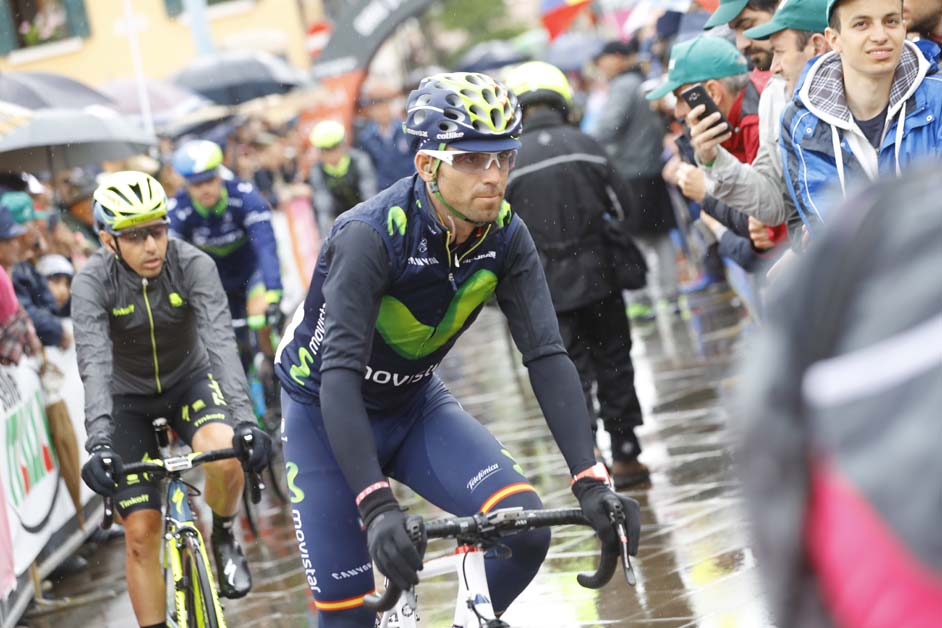
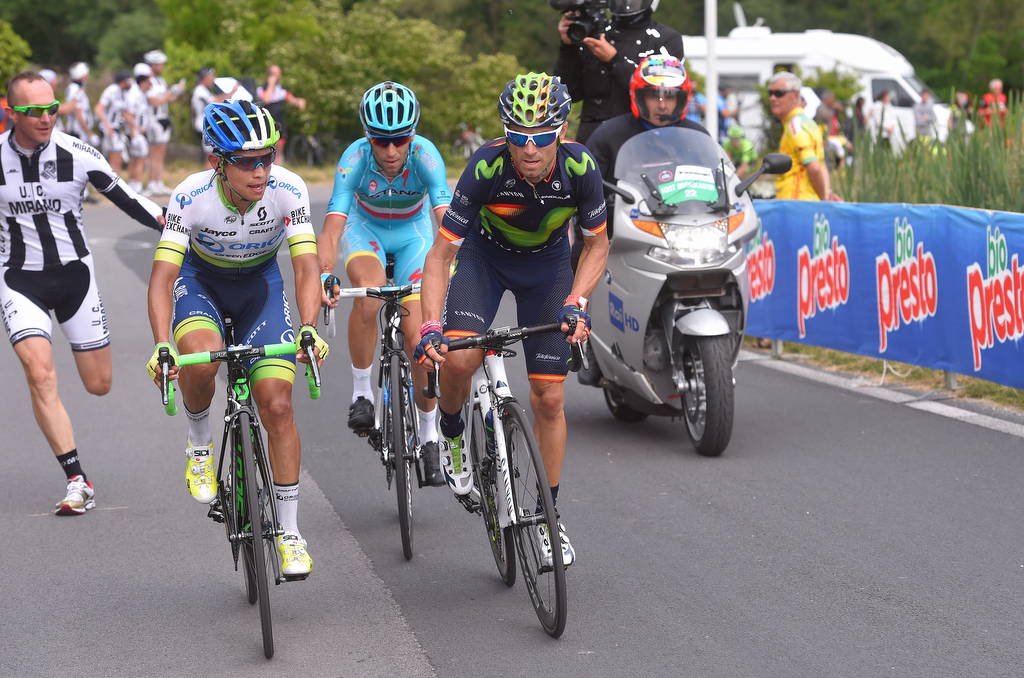
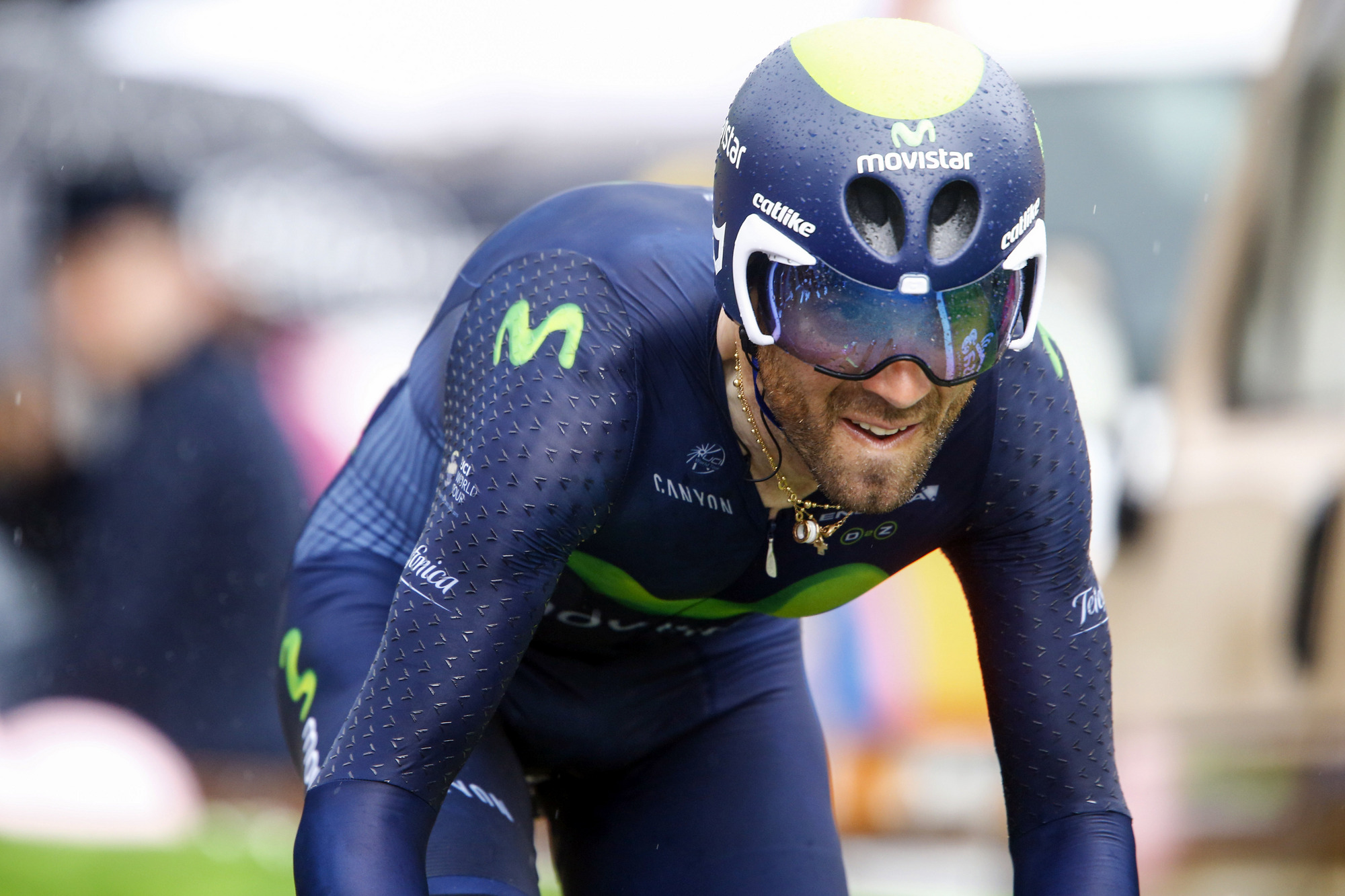
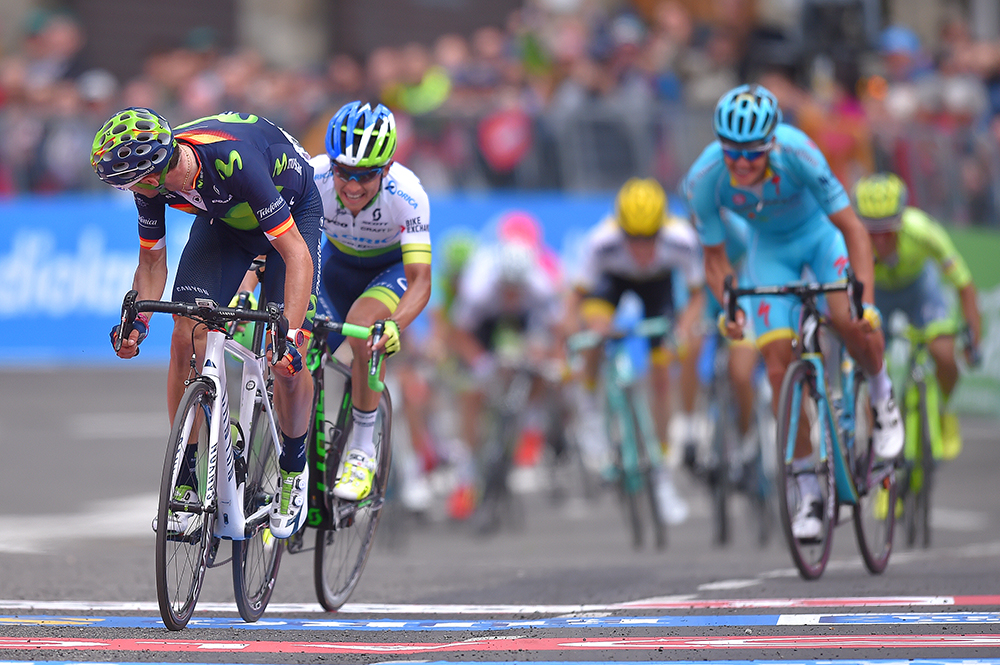
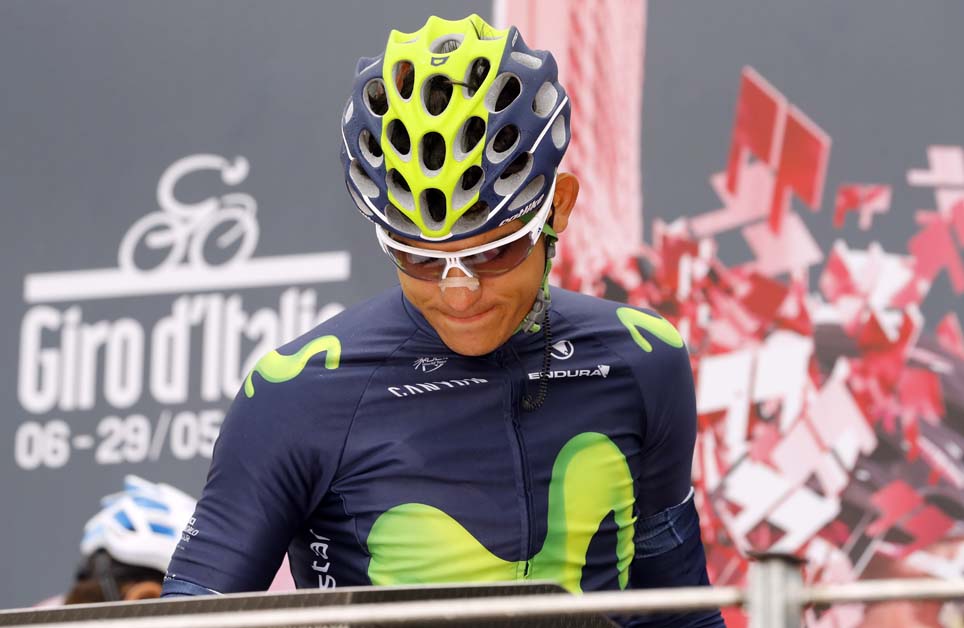
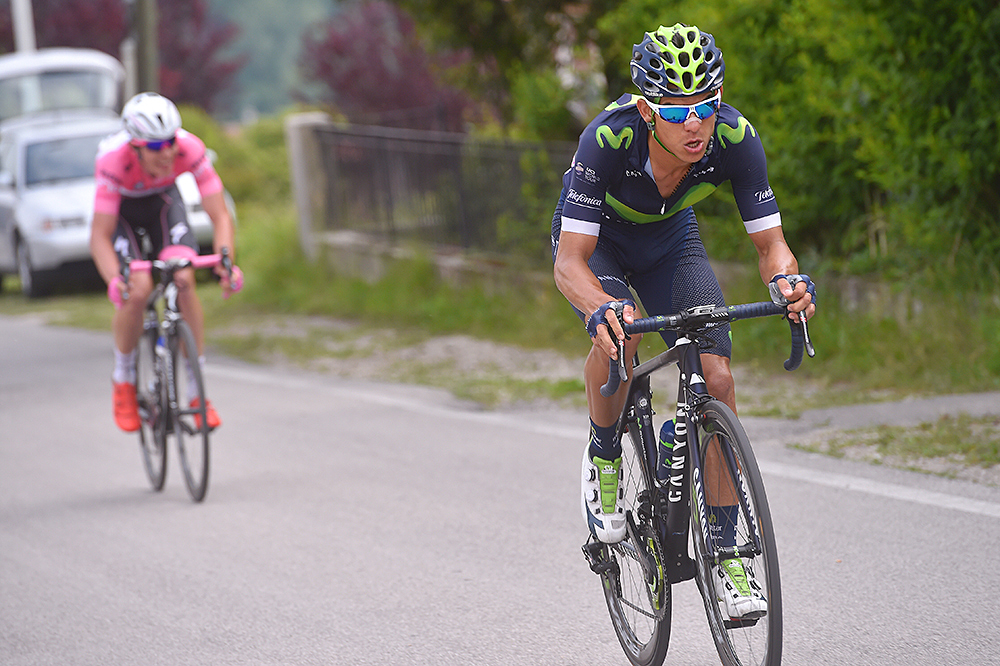
Needless to say, Alejandro Valverde's decision not to collaborate with Vincenzo Nibali when they escaped in the finale of stage 11 of the Giro d'Italia on Wednesday was not well-received by all quarters of the Italian press, with Gazzetta dello Sport reaching as far as the antechamber of Hell to register its bemusement.
‘Alejandro, il gran rifiuto,' read the headline in Thursday's edition, a reference to Dante's withering description of Pope Celestine V in Canto III of the Inferno. Celestine's "great refusal" was his resignation of the Papacy after just sixth months in 1294, paving the way for the election of the infamous Boniface VIII.
700-odd years on, Valverde's apparent abdication of responsibility on the road to Asolo allowed his teammate Andrey Amador to clip up the road soon afterwards and solidify his hold on second place on general classification, raising questions about the precise hierarchy of his Movistar team.
"Up to now, Andrey has shown that last year didn't happen by chance," Movistar manager Eusebio Unzue told Cyclingnews. "He has a certain amount of experience in the Giro, he knows it well and he's in good form right now. He's been able to stay with the strongest on the climbs so far. We're coming into the big mountains now and we'll see things more clearly there, but I think he can be good there too."
More on this story:
Giro d’Italia stage 12 results
Giro d’Italia stage 12 – Finish line quotes
Movistar entered the Giro with Valverde as the outright team leader and the 36-year-old has shown few signs of weakness to date, breaking even with Nibali in the Chianti time trial and snaffling away clutches of seconds in the uphill finishes at Roccaraso and Sestola.
Yet Amador's strength through the first ten days – and, more importantly, his tactically advantageous position overall – means that he has received a promotion of sorts. While Valverde's credentials have not been diminished, Amador will not be consigned to a supporting role just yet.
Get The Leadout Newsletter
The latest race content, interviews, features, reviews and expert buying guides, direct to your inbox!
"Yes, the idea setting out was that [Valverde would be the sole leader] but sometimes during the race someone else can emerge," Unzue said. "For the moment we'll play with both of them and use that as our strategy. We can attack with one or the other. We have two cards. Alejandro is the leader but without closing off the possibilities for anyone else. That's always been our policy."
It was a lesson learned, perhaps, more than a quarter of a century ago, at the 1990 Tour de France, when a young Miguel Indurain sacrificed his chances by burning himself out in the service of undisputed leader Pedro Delgado on Alpe d'Huez. That Tour finished with Delgado 4th and Indurain 10th in Paris. A year later, when Unzue and José Miguel Echavarri imposed a less rigid hierarchy, Indurain carried yellow to the Champs-Élysées, with Delgado placing 6th.
Valverde
That strategy proved less successful at last year's Tour, where there was a school of thought that Movistar's eagerness to place both Valverde and Nairo Quintana on the final podium lessened their chances of snatching the biggest prize of all. This time around, while Quintana focuses on the Tour, Valverde was dispatched to make his Giro debut at the age of 36, at the tail end of a career interrupted by his 2010 ban for his implication in the Operacion Puerto blood doping inquiry.
"The Giro's a bit of a different race but when someone is strong, he is strong everywhere," Unzue said of Valverde's prospects. "He's an experienced man, a man who's been on the podium of the Vuelta six times. Nine months ago he was on the podium of the Tour. There's no reason to doubt him, no reason not to believe in him. This Giro is a big opportunity."
Indeed, while Valverde, Nibali and the since departed Mikel Landa (Sky) lined out as the three principal favourites for final overall victory, Unzue feels the most noteworthy feature of the opening half of the race has been the tightness of the margins between those in the upper reaches of the general classification.
The weekend's troika of mountain stages – Friday's tough stage in Friuli, Saturday's marathon in the Dolomites and Sunday's mountain time trial at Alpe di Siusi – ought to bring greater definition to the general classification picture.
"I think we have to wait for these mountain stages to see, because up to now nobody – not Alejandro, not Andrey, not Nibali, not Fuglsang – has shown that he is stronger than the rest," Unzue said. "There isn't much of a gap on the classification and you can't see clearly who is the strongest. It's the big question and this weekend might start to show us who is really prepared."
The arduous roads to Cividale del Friuli and Corvara over the next 48 hours should also shed more light on how Movistar plans to play its hand for the remainder of this race. In Bibione on Thursday evening, Giovanni Visconti seemed pleased to keep everybody guessing.
"I think every team would like to have two possibilities," Visconti said. "Valverde is the first option, obviously, but Amador is up there now and we can't just throw away everything he's done. From tomorrow it will become clearer."
To subscribe to the Cyclingnews video channel, please click here.

Barry Ryan was Head of Features at Cyclingnews. He has covered professional cycling since 2010, reporting from the Tour de France, Giro d’Italia and events from Argentina to Japan. His writing has appeared in The Independent, Procycling and Cycling Plus. He is the author of The Ascent: Sean Kelly, Stephen Roche and the Rise of Irish Cycling’s Golden Generation, published by Gill Books.